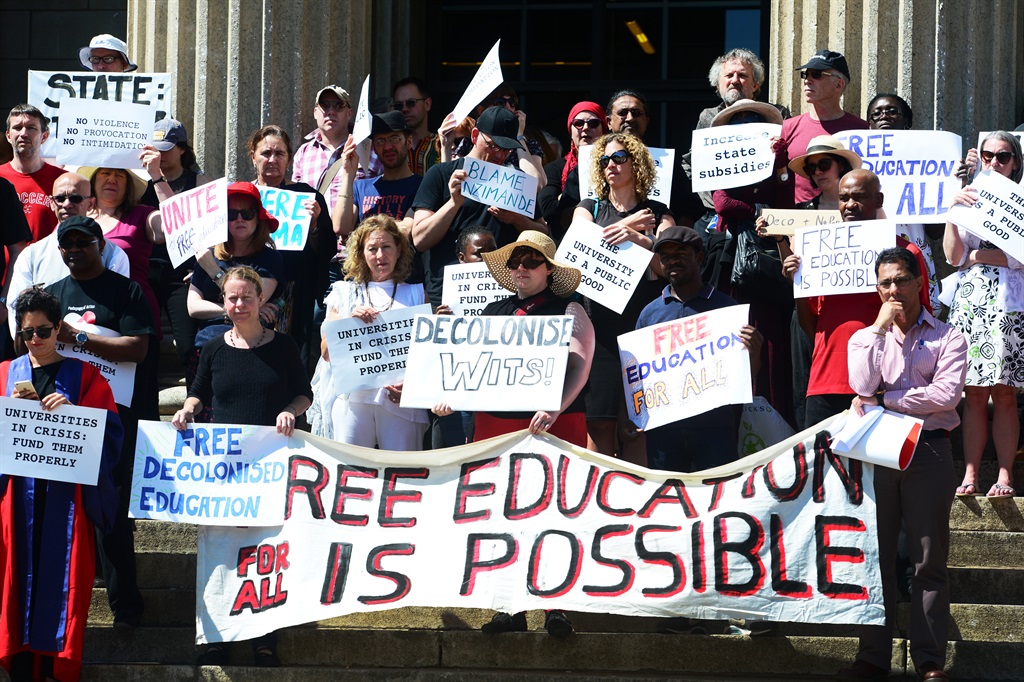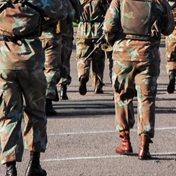
The long-awaited fees report has finally been released.
After months of speculation, anger and leaks, President Jacob Zuma finally released the “report of commission of inquiry into the feasibility of making higher education and training fee-free in South Africa” today.
Universal free tertiary education will not be feasible in the foreseeable future, and different funding models should be adopted to ensure access for all deserving students, according to the Heher commission’s recommendations.
City Press received the long-awaited 748-page report in October, and has reported on the multipronged and multilayered approach suggested by the commission.
This will take into account South Africa’s struggling economy and competing demands on the fiscus.
“I have decided to release the report prior to the conclusion of our work in processing it so that the public can have an opportunity to study the report while we continue with the processing thereof,” Zuma said.
The commission was established in January 2016, following nationwide protests by students calling for free education at universities.
Here are the commission’s most important recommendations:
1. Forget the National Students’ Financial Aid Scheme. Remember the Income Contingency Loan System
The commission has recommended that all undergraduate and postgraduate students studying at both public and private universities and colleges, regardless of their family background, be funded through a cost-sharing model of government guaranteed income-contingency loans sourced from commercial banks. The National Students’ Financial Aid Scheme would still be used for Technical and Vocational Education and Training colleges (see point three).
2. Students will pay back their loans once they’re earning enough money
Through this cost-sharing model, the commission recommends that commercial banks issue government guaranteed loans to the students that are payable by the student upon graduation and attainment of a specific income threshold. Should the student fail to reach the required income threshold, government bares the secondary liability.
3. Technical and Vocational Education and Training colleges finally get their dues
The commission recommended that the government pay particular attention to the Technical and Vocational Education and Training colleges as they cannot perform at their current funding levels. The commission also recommended that all students at these colleges should receive fully subsidised free education in the form of grants that cover their cost of study and that no student should be partially funded.
4. 1% of GDP, baby
The commission recommended that government increase its expenditure on higher education and training to at least 1% of the GDP, in line with comparable economies, and also recommended that application and registration fees be scrapped across the board. South Africa’s GDP for 2016 was R4.3 trillion.
5. Take education online
The viability of “online and blended learning” as an alternative in addressing the funding and capacity challenges facing the current higher education and training sector needs to be investigated.
So what now?
The inter-ministerial committee on higher education funding, which is led by Minister in the Presidency Jeff Radebe, and the presidential fiscal committee whose lead minister is Finance Minister Malusi Gigaba, are processing the report.
Zuma will make a pronouncement on the report once the ministers have concluded their work.
For the full report and executive summary click here:
Commission of Inquiry into Higher Education Report.pdf
Commission of Inquiry into Higher Education Report_Executive Summary_0.pdf




 Publications
Publications
 Partners
Partners








